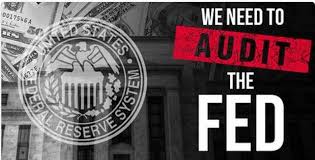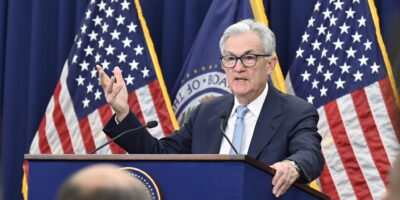The Question Is: Who Plans?
Let’s not forget that FDR established a daily gold price by use of lucky numbers. Competition in money allows for the same experimentation and knowledge discovery as competition in other areas of life and economy… -ed. by Don Boudreaux Here’s a letter to the Washington Post:
Carter Eskew finds inspiration for our troubled times in FDR’s 1932 call for “bold, persistent experimentation” (“A country where millions feel stuck, or worse,” Dec. 13). Mr. Eskew falls for rousing words used to peddle regrettable policies.
Amity Shlaes argues persuasively in her 2007 book, The Forgotten Man, that “Roosevelt’s commitment to experimentation itself created fear”* – fear that, as economic historian Robert Higgs documents, greatly prolonged the depression.**
A chief reason for this sad result is that experimentation in the style of the New Deal actually chokes off the real deal. Substituting serially a handful of grandiose, one-size-fits-all schemes dreamed up by politicians – where no such scheme competes simultaneously with any other – forcibly eradicates hundreds, even thousands, of individual private experiments undertaken simultaneously, each launched and guided by someone with his or her own money at stake and prohibited from forcing unwilling others to play along with any particular experiment. Experimentation, therefore, of the sort that FDR championed was really neither so “bold” (as it was done with other people’s money and lives) nor “persistent” (as, at any time, it displaced countless individual and simultaneous experiments with one gargantuan ‘experiment.’)
New Deal centralization put “Great” in the Great Depression. The last thing we need today is a repeat of that failed experiment.
Sincerely,
Donald J. Boudreaux
Professor of Economics
and
Martha and Nelson Getchell Chair for the Study of Free Market Capitalism at the Mercatus Center
George Mason University
Fairfax, VA 22030
* Amity Shlaes, The Forgotten Man (New York: Harper, 2007), p. 9.
** Robert Higgs, “Regime Uncertainty: Why the Great Depression Lasted So Long and Why Prosperity Resumed after the War,” The Independent Review, Spring 1997, vol. 1, pp. 561-590.
Continue reading at cafehayek.com…










